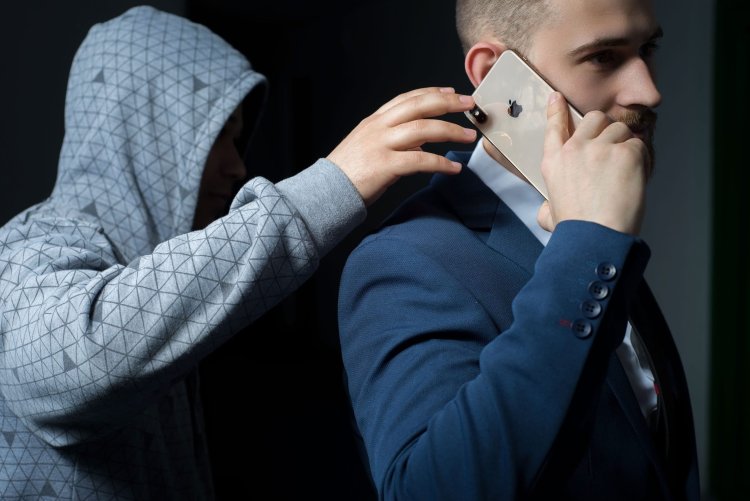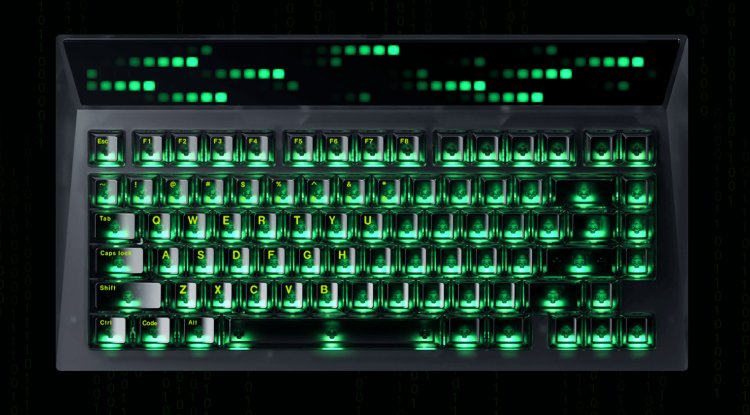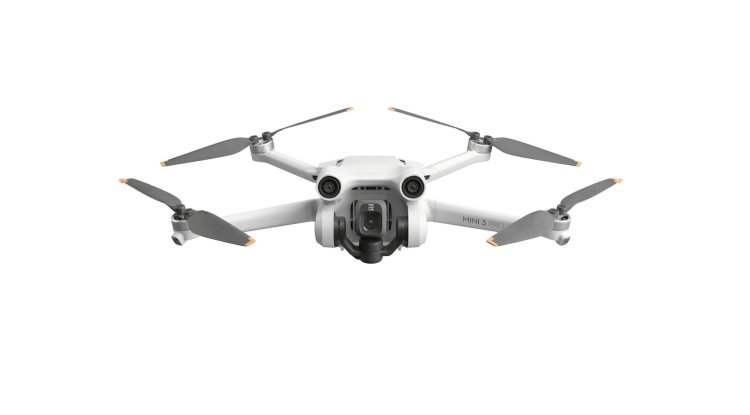Apple won't repair stolen iPhones

For years, the problem of stolen phones has been a constant, and it is well known that the iPhone is especially coveted, both by friends of other people and by potential customers, who are willing to look the other way when it comes to their ethics in exchange for getting a new or newer phone for significantly less than what honest people pay.
Thieves utilize a variety of methods to steal a phone, ranging from a violent heist to a long hand exploiting an oversight.
As a result, businesses should take as many efforts as possible to discourage friends of friends (both thieves and purchasers) from using this market.
And, as reported by Mac Rumors, Apple has taken a major step in this approach by refusing to fix iPhones that have been identified as stolen and have arrived at its technical service. Furthermore, this regulation applies to service providers who have been authorized by the company.
In general, the most typical course of action for iPhone users is to utilize Apple's Find My Service to mark the iPhone, or any other device, as lost and to lock it.
However, many users, owing to ignorance, do not use this function and instead report the theft via traditional methods, including the IMEI that uniquely identifies each smartphone.
As a result, Apple joins the list of companies and government agencies that, in response to allegations of theft, implement procedures to limit or prevent new owners of these devices from using them.
This is a movement that should be expanded even further, to the point where no operator enables stolen devices to connect to their networks. And it is only by turning the iPhone and other stolen devices into very expensive paperweights that this plague will be eradicated.
The iPhone 15 Pro could have Face ID under the screen
We've known for a long time that Apple's priority is to do away with the notch, the most recognizable notch that presides over the upper central part of your smartphone's screen, and that since the iPhone X has been the location of the speaker for phone calls and the camera, as well as the various components of Face ID, the biometric identification system that has replaced Face ID in some of its devices.
The issue is that Apple likes Face ID but dislikes the notch, and current technology does not allow all Face ID pieces to be housed beneath the screen. However, this could change with the iPhone 15.
Many rumors suggest that in the Pro versions of the iPhone 14, the notch will be replaced by two asymmetrical perforations at the top of the screen, a solution that, if successful in the Pro versions this year, could make its way to the standard versions of the 15, that is, the iPhone 15 and the hypothetical iPhone 15 Max.
Thus, if it is proven that Korean technology has finally been able to design a screen that permits the accommodation of the necessary elements for Face ID beneath it, Apple will be a guaranteed client for it and will utilize it in the iPhone 15 Pro and Pro Max models.
Yes, it appears that the iPhone 15 will not be the first to introduce said technology to the market. According to the same sources, the first cellphones to incorporate the new camera technology under the screen would be a future Galaxy Z Fold that would be unveiled at some time.




























